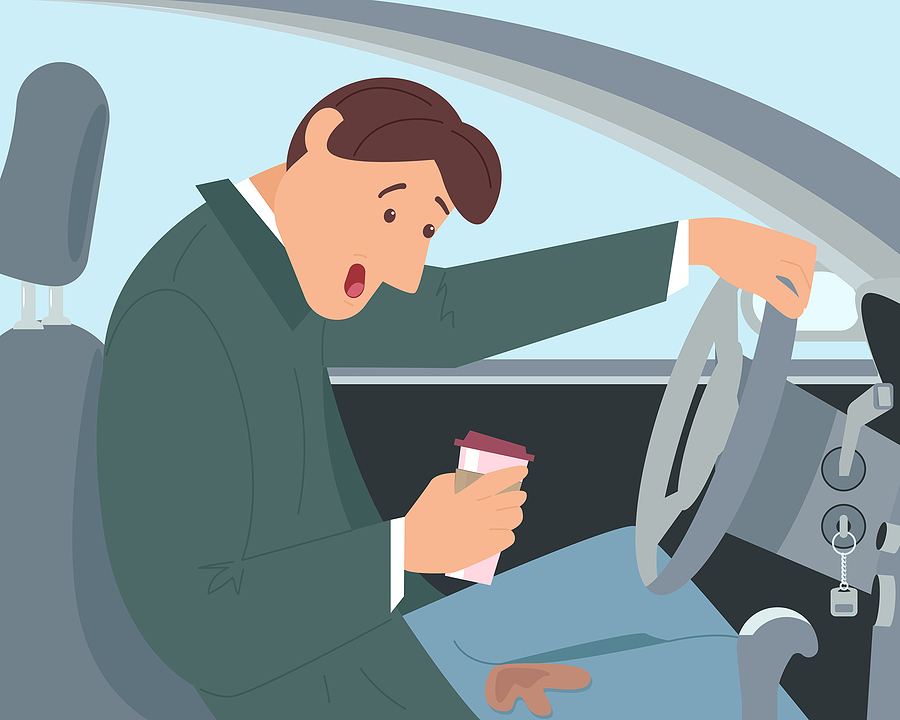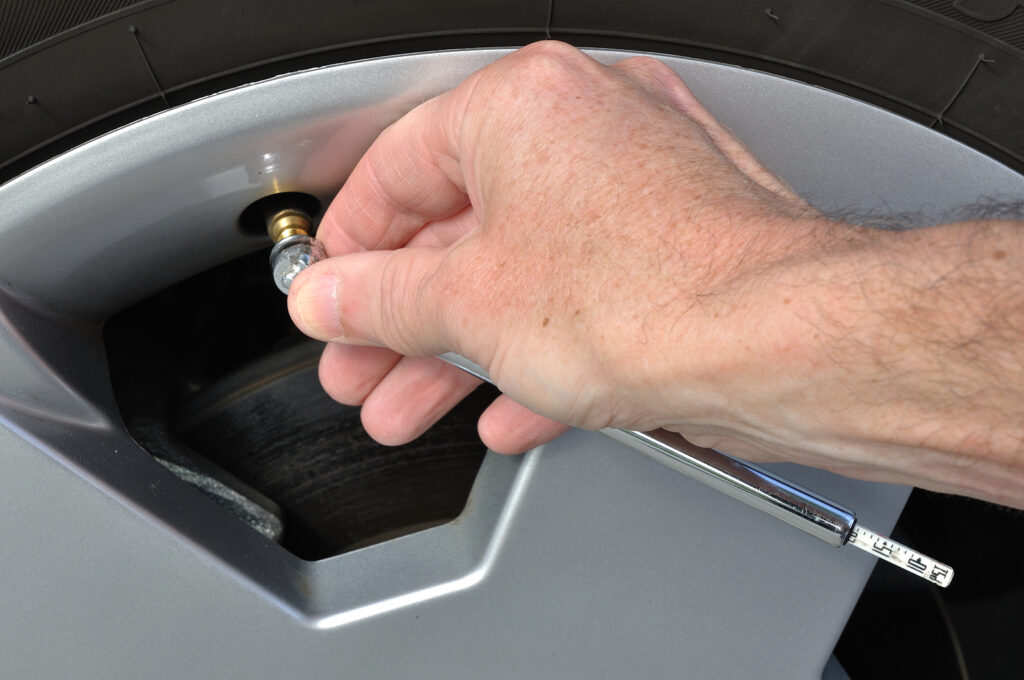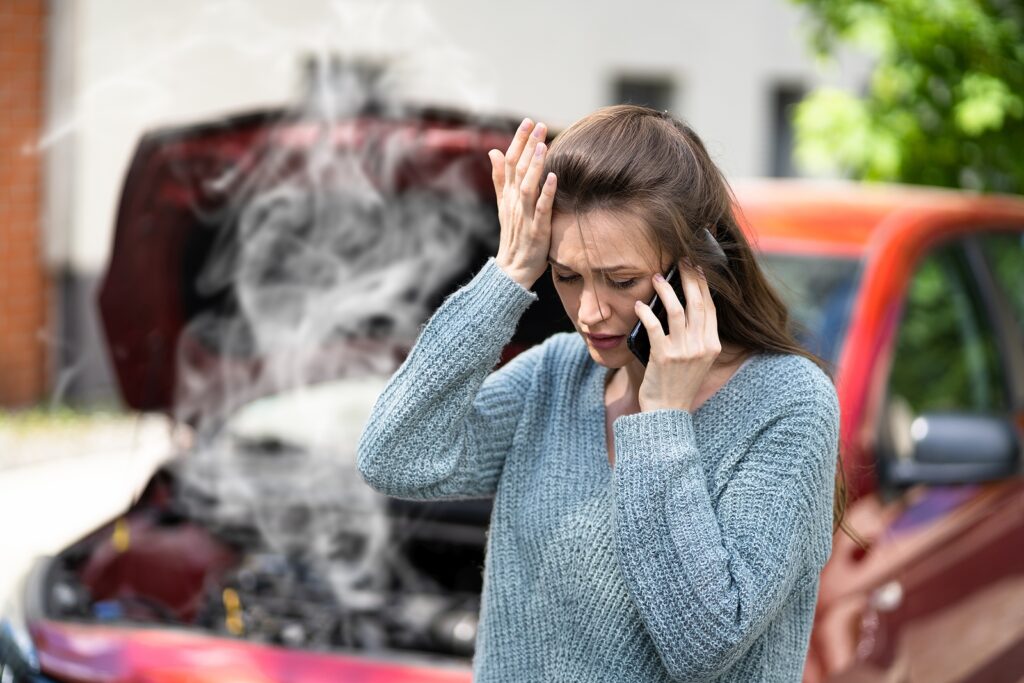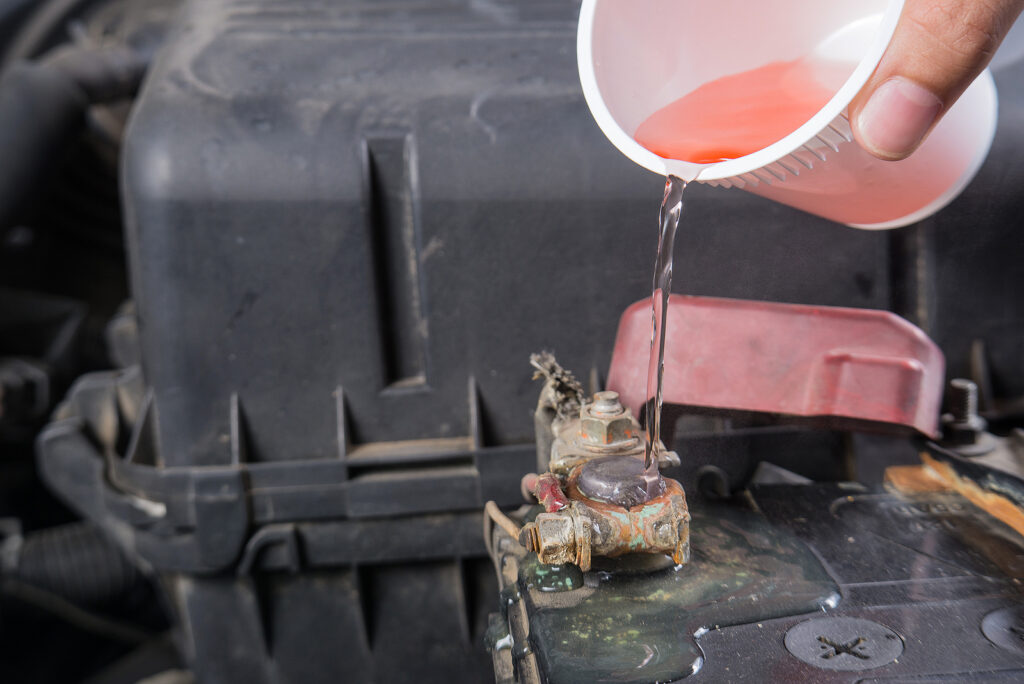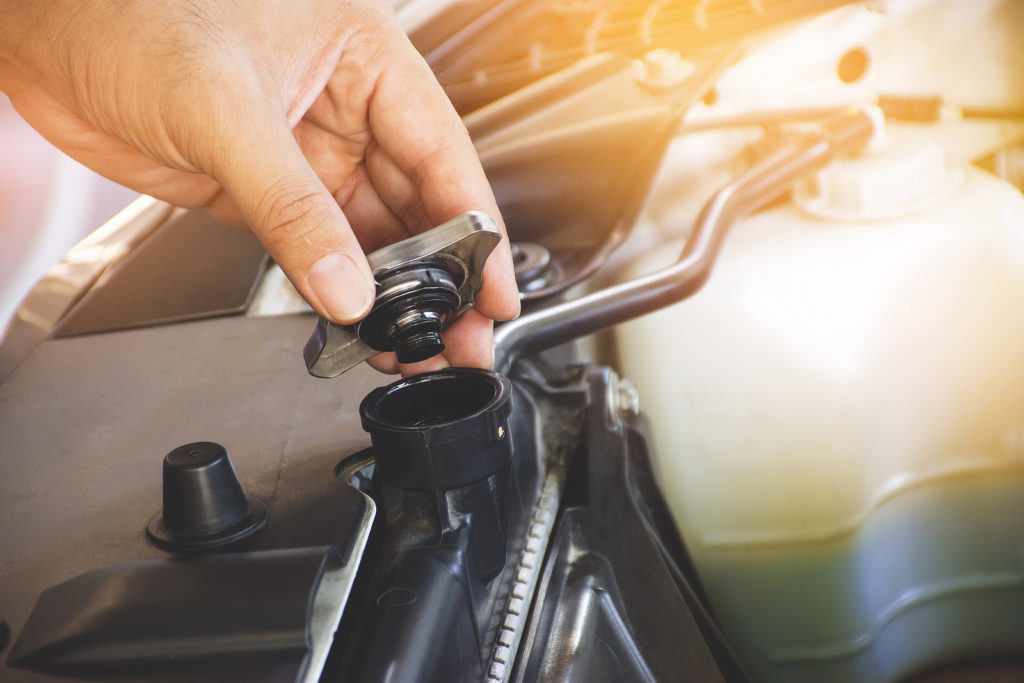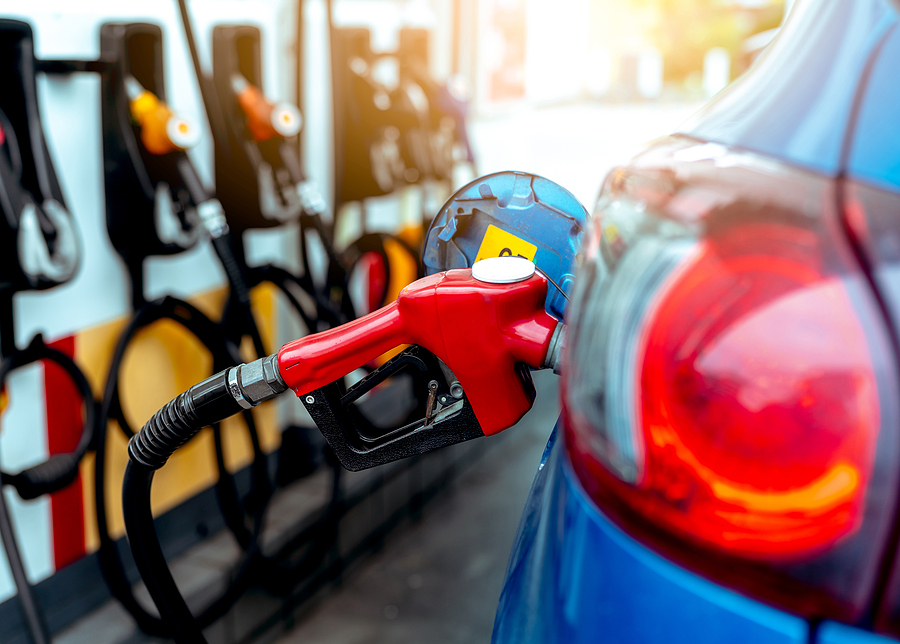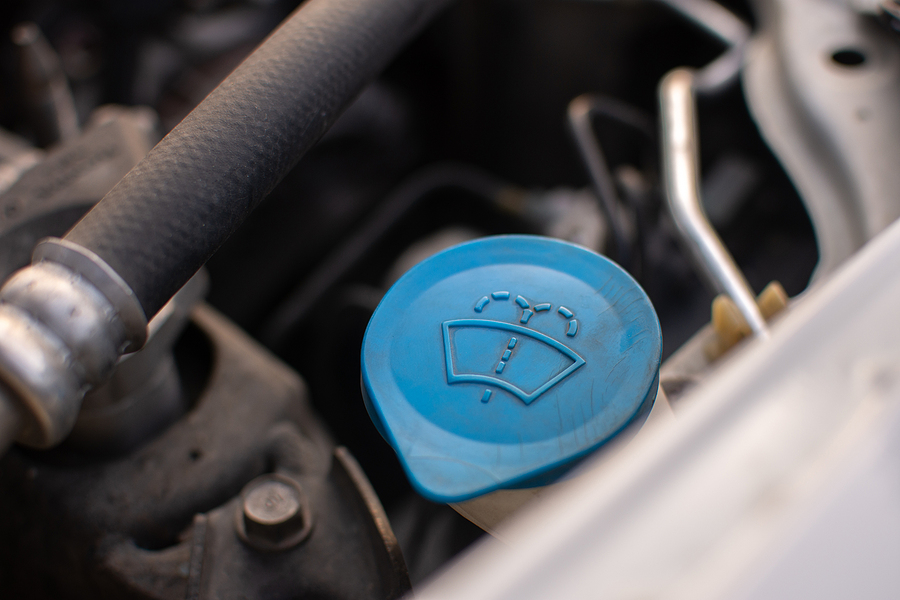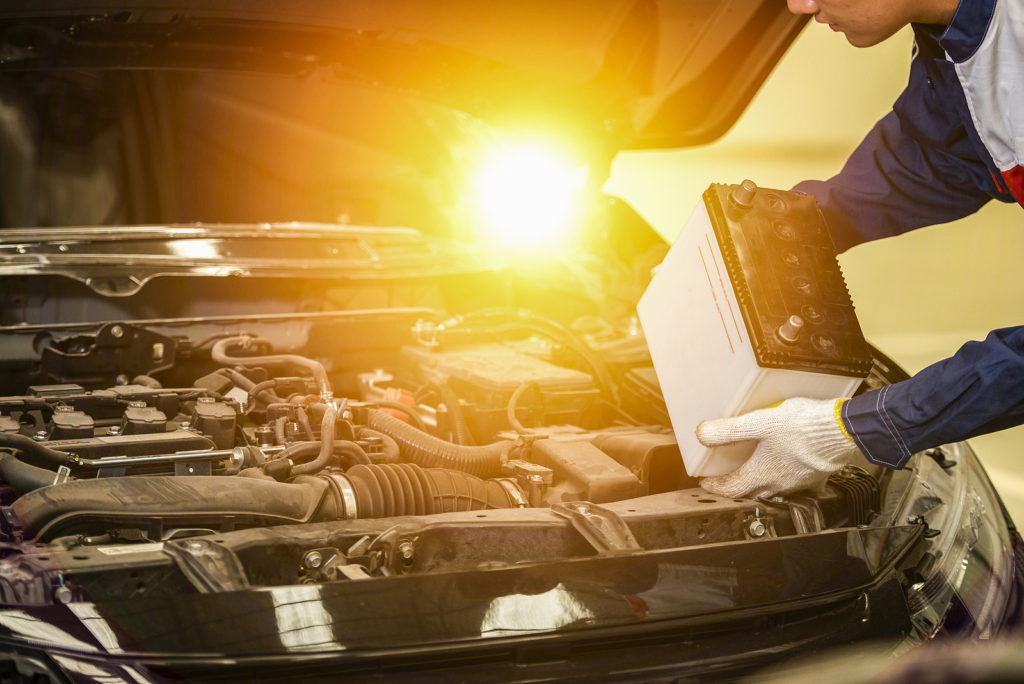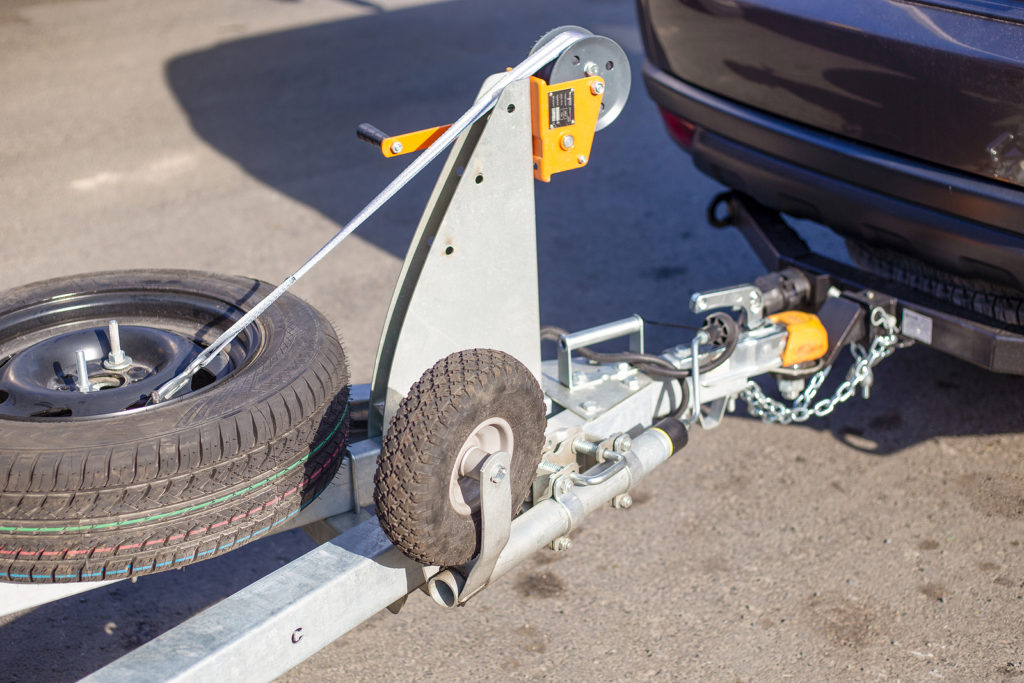For all of you families out there, Fall break begins in just a matter of days! And although it seems like school just started a couple of months ago, this break is an important time for families to bond over creating new and happy memories. If you plan to travel by car for your Fall break, be sure you are current on road safety and car maintenance to keep yourself and your passengers protected during the trip.
Continue reading to review some Fall break tips for going on a road trip, including what to do if you find yourself stranded on the side of the shoulder with the roadside emergency.
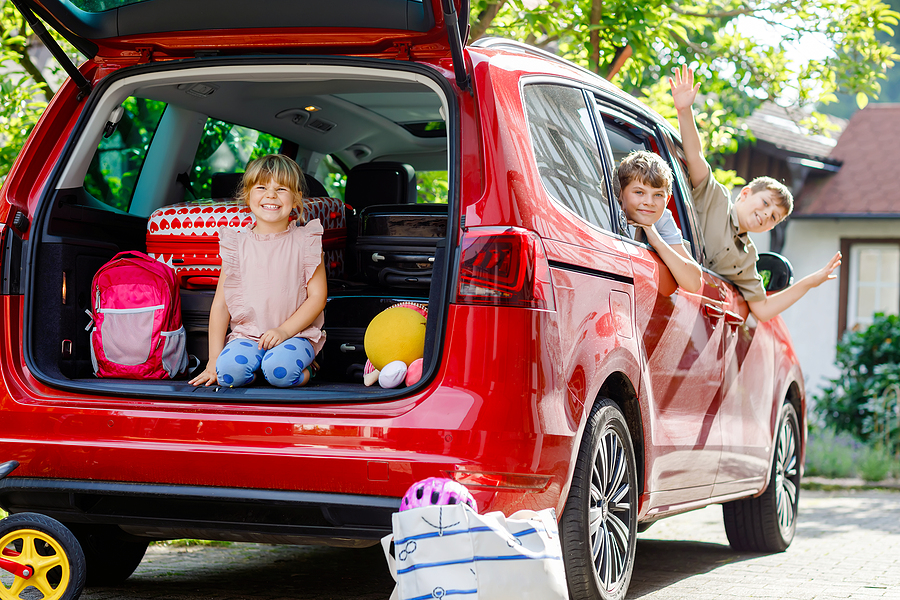
Get Your Car Tuned Up at the Auto Shop
Your car is one of the most expensive investments you’ll make, so it’s important to take care of it and keep it running smoothly. Routine car maintenance can help prevent major problems down the road, and it’s also a good way to catch small issues before they become big ones. Plus, regular maintenance can improve your gas mileage and extend the life of your car. So, take your car in for some routine work before you head out on the open road with your loved ones in tow!
Inspect Your Car Before You Leave
A pre-trip car inspection is a very important step to take before starting any long journey. It is highly recommended that you do a thorough check of your vehicle before setting out on any road trip, no matter how short or long the distance may be. By taking the time to do a pre-trip inspection, you can help ensure that your car is in good condition for the journey and that you are aware of any potential problems that may need to be fixed before you go.
There are a few key things to look for when doing a pre-trip inspection. The most important thing is to check the tires, as they are responsible for keeping your car on the road. You should also check the fluid levels, brakes, and lights to make sure that everything is in working order. It is also a good idea to take a look at the map to see if there are any road closures or construction projects that you should be aware of. By taking the time to do a pre-trip inspection, you can help ensure a safe and smooth journey.
▶ Change your oil. This is probably the most important thing you can do for your car, and it’s something that should be done every 3,000 miles or so. Not changing your oil regularly can cause all sorts of problems, including engine damage.
▶ Rotate your tires. This helps to evenly distribute wear and tear on your tires, and it can also help improve your gas mileage. You should rotate your tires every 5,000 miles or so.
▶ Check your fluids. All the fluids in your car – from the oil to the windshield washer fluid – need to be at the proper levels. Check your owner’s manual to see how often you should be checking and/or changing these fluids.
▶ Inspect your brakes. Your brakes are one of the most important safety features on your car, so it’s important to make sure they’re in good working order. You should have your brakes checked at least once a year.
If you are out on the open road and experience an automotive breakdown or emergency, trust the top professionals for fast help. Contact Zore’s Towing for 24 hour roadside assistance and towing services in Indianapolis and its surrounding locations. We operate 24/7, year-round.
Related Posts:
The Vital Link Between Tire Inflation and Safe Driving
Where You Should Wait When Waiting for a Tow Truck
What to Do if Your Truck Broke Down in Indianapolis

